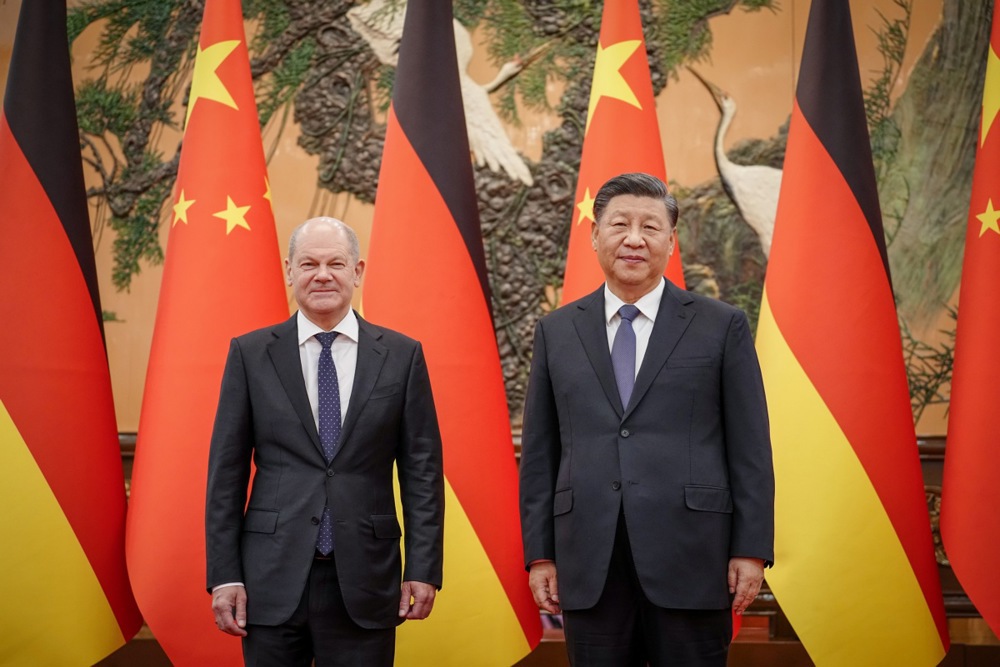You already know the hikikomori syndrome, even if you do not know the name.
It is the phenomenon which began in Japan in the 1990s, when the economy was in crisis. Young men, longing for a man’s life – a suit, a tie, a briefcase and a regular income — were unable to find jobs. They fell into social isolation. They stayed alone indoors, and abstained from dating, mating, working, and socializing.
Hikikomori.
But is has not stopped there. Two things to know now.
One, it has spread to women. Females between the ages of 15 and 39 now account for 45 per cent of individuals classified in Japan as hikikomori.
Two, it has spread to the West.
Vast numbers of young people in America and Europe have withdrawn from what older generations would call normal social life.
The picture of a 20-something alone every day in his bedroom playing16 hours of video games is not a caricature. The 20-something university graduate who weeps in a TikTok video that trying to hold down a nine to five job is “damaging her mental health” is not a caricature. Both are, in Western hikikomori, the common lives of millions.
But why?
Here is one possible reason I suggest: the fashionable forms of parenting.
The most famous kinds are helicopter parenting and permissive parenting. Some calculate that both can result in Extreme Social Withdrawal, which is the Western therapists’ phrase for hikikomori.
A helicopter parent is a label given to a mother or father who is excessively attentive and excessively anxious about a child’s activities and challenges, both within and far beyond the home environment.
These parents are referred to as helicopters due to their tendency to constantly monitor and control every aspect of their child’s life. Forever hovering above, these parents allow their children little or no privacy, and little or no autonomy.
As for permissive parents, they tend to be affectionate but rather useless when it comes to matters of discipline. In the house of a permissive parent, few or no demands exist. They establish only a few guidelines for their children. While maintaining open lines of communication, parents grant their children the freedom to navigate their own paths. Children are free to make their own decisions. These include small ones, like what they want to eat for dinner, to life-changing ones, like what gender they wish to identify as.
Which brings us back to the association between alternative parenting styles and a grown child’s desire to tear up the social contract and go hikikomori.
It is widely acknowledged that the way parents engage with their children has a profound impact on their behaviour, socialization, and the development of their personality. The family environment plays a pivotal role in shaping children’s conduct.
Over the past couple of decades, numerous studies have highlighted the negative impact of helicopter parenting on a child’s mental health, including how it tends to increase levels of depression and anxiety.
Children raised by helicopter parents tend to rely heavily on guidance and struggle with decision-making when left to their own devices. When they become adults and are expected to enter the real world and fend for themselves, they find themselves struggling to find answers to questions.
Many children raised by helicopter parents find themselves alienated from their peers. They often struggle to mature in a healthy manner. If one constantly struggles to fit in, isolation may seem appealing.
As for permissive parents, instead of instilling moral values in their children, they regularly find ways to justify the children’s actions. Seldom do permissive parents impose repercussions for misbehaviour. In some cases, they may trivialize or overlook inappropriate behaviour, dismissing it a typical phase of childhood.
Permissive parents might resort to using toys, chocolate and iPads as incentives to encourage their children to behave. This approach hinders the child from grasping the actual reasons behind the rules they should abide by.
Moreover, permissive parents frequently neglect to establish objectives or emphasize the significance of setting goals. This oversight leads to children later unable to meet challenges in both the academic and personal aspects of their lives.
Permissive parents are more interested in being friends with their child, rather than acting as responsible role models.
Neither form of parenting is conducive to creating healthy human beings.
What form of parenting is? It is simple: authoritative parenting.
With this parenting style, parents are nurturing, understanding and responsive. At the same time, however, clear boundaries for their children are established.
Misbehaving comes with repercussions. Not shouting, roaring or beatings, but a firm understanding that negative actions regularly result in negative reactions, and vice versa.
An authoritative parent guides their child, loves their child, and, when necessary, disciplines their child. They strive to guide their children’s behaviour by explaining rules, by discussions and reasoning.
Although they value a child’s perspective, they – the adults – call the shots. Three-year-old Jimmy doesn’t decide what he eats for breakfast, lunch and dinner. Mom and dad do.
In many ways, authoritative parenting is common sense parenting. But common sense among parents seems to be in short supply.





Ireland suffering worrying ‘brain-drain’, and the entire EU should take note